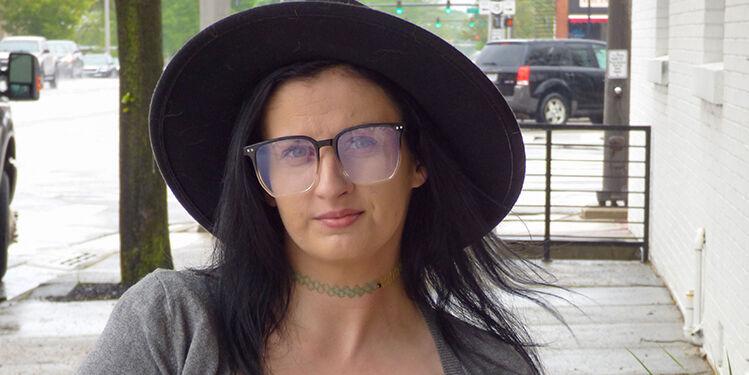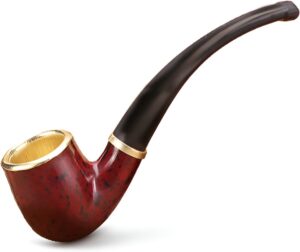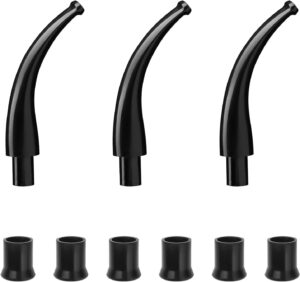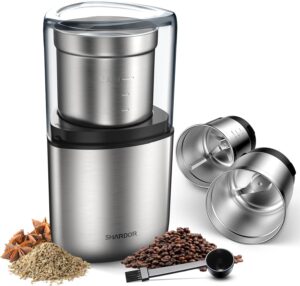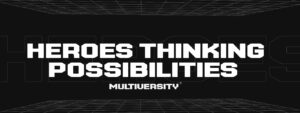A Williams County resident wanted to help break the stigma surrounding cannabis by writing a book.
Bryan resident Tiffany Carwile is no stranger to cannabis advocacy. In 2020, she submitted a petition to the Ohio Medical Board to allow medical marijuana to be used as a treatment for autism. Her multi-year campaign included giving many interviews and even testifying before the house health committee.
It also resulted in Carwile writing, editing and self-publishing a book, “How My Medicine Helps Me: Cannabis Facts From A-Z: An Educational Book About The Cannabis Plant For All Ages.”
“I really saw a glaring disparity in knowledge for children and knowledge for adults,” she said. “I wanted to make a digestible version that was as family friendly as I could make it but also very truthful and transparent and honest to de-stigmatize the conversation around the plant, itself.”
Carwile said she wanted to move away from the “scary narrative of ‘cannabis is all bad’” to the fact the plant is one of the most versatile plants on the planet.
In addition to medicinal usage, she said there are economic, agricultural, social and environmental benefits to the plant.
Her book goes through the alphabet and breaks down all the different aspects of the plant with L being for lymphoma and Lou Gehrig’s Disease, S being for sickle cell anemia and F being for Fibromyalgia, for example.
“I talk about fact versus fiction, that what we’ve been taught isn’t necessarily what’s true,” Carwile said. “Kids are very smart and kids deserve the truth.”
Writing the book was a labor of love that took four years from start to publication in April, she said.
She often struggled finding the right words and whether or not she should use terms like endocannabinoid system.
To solve that problem, she looked to one of her inspirations, Dr. Seuss.
“I wrote it in a rhyming, Seussical style that’s easy to read and engaging for kids for a reason,” Carwile said. “(Seuss) makes up words left and right that don’t even exist. If kids can learn and pronounce those words, then why not give kids actual, educational vocabulary and introduce them to a broader sector of knowledge?”
It’s also where she said parents can take a role and look up those terms to explain to their children.
In addition, Carwile said parents can decide if and when it’s appropriate to share with their kids.
“It’s not like I’m trying to push a book like this on small, infantile children,” she said. “That’s up to the parents to decide when their child is ready for that information, for that education… I’ve read this book to my son, he loves this book. He’s 11.”
It’s also a book with no age limit, as “education has no age limit,” she said.
Carwile said the book handles heavy topics from addiction to medical disorders, but it is something that kids may live with and see in everyday life.
Carwile said she isn’t a doctor but she “knows a thing or two” about cannabis.
“I just took the initiative to read the data, read the trials, read the studies from more medically-progressive countries like the UK, Brazil, Israel, Chile and so on,” she said. “I just kept pushing for more knowledge and more information.”


